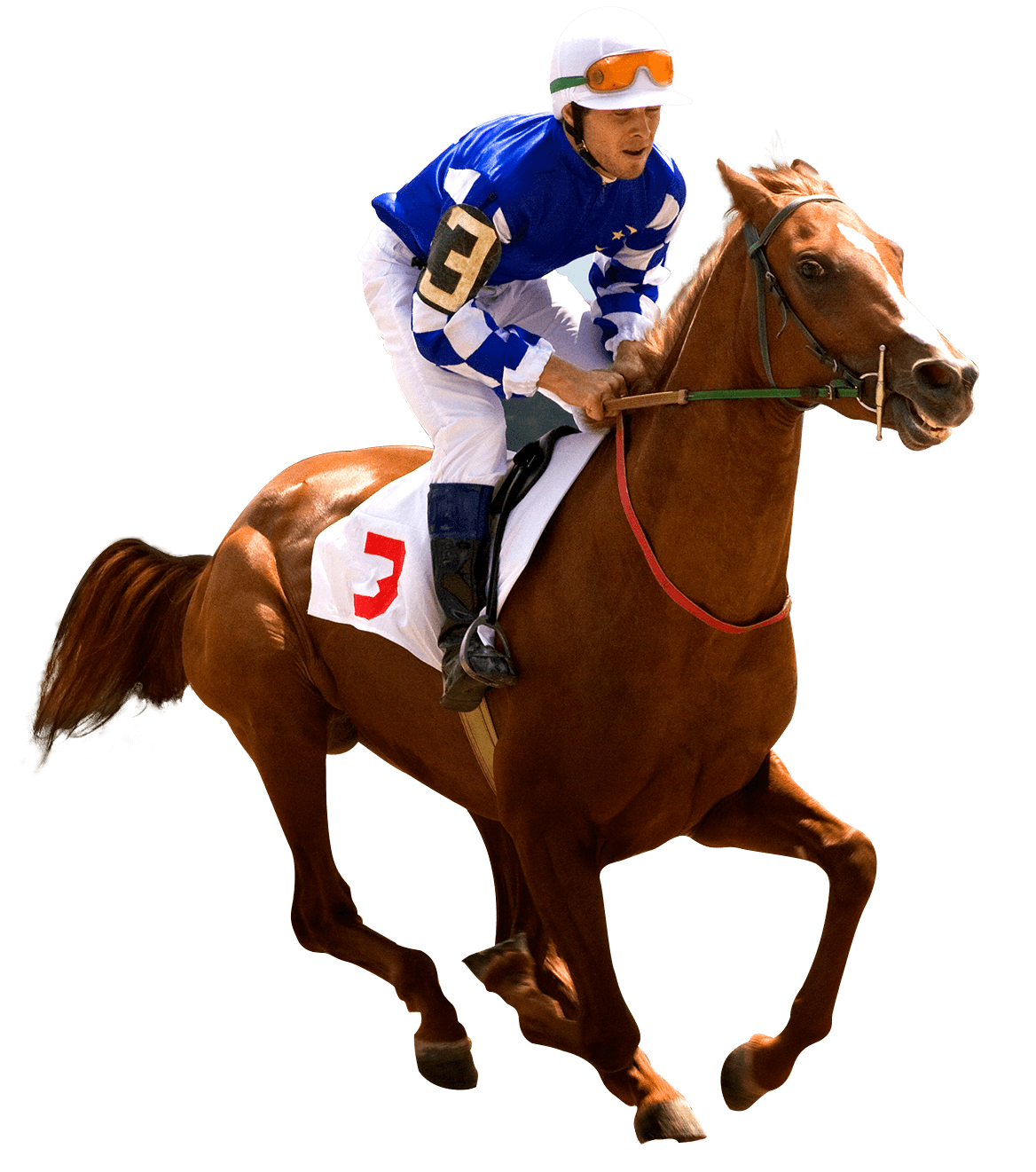The Ascot Gold Cup is an integral part of the Royal Ascot Festival that is hosted annually at the Ascot Racecourse in June. The official title of the race is the 'Gold Cup,' but the Ascot reference is added to avoid confusion with the numerous other Gold Cup races at racecourses across the UK.
The Gold Cup is the first leg of a series of races known as the British Stayers' Triple Crown which is completed by the Goodwood Cup and the Doncaster Cup. The last horse to complete the Triple Crown was Double Trigger in 1995.
This flat race is open only to Group 1 thoroughbreds that are at least 4 years old. Colts and geldings are required to carry 9 stones, whereas, mares must carry 8 stones and 13 pounds.
The Flat Ascot track is known for its toughness. It is right-handed and stretches just over 1 mile and 6 furlongs of turf. As an estimated 70% of horses are naturally left-handed, meaning they have more of a natural inclination to turn left rather than right, this course is counterintuitive to most and provides a distinct advantage to right-handed horses.
location: Ascot Racecourse
grade: Group 1
race type: Flat
Big Orange won the 2017 Ascot Gold Cup by a head narrowly defeating 2016 winner and favourite Order Of St. George. Ridden by James Doyle and trained by Michael Bell, Big Orange fought to maintain his lead on the former champion, who nearly closed in for the victory, making for a thrilling finish. The winner was determined by photo which clearly showed Big Orange in first.
The Ascot Gold Cup was established in 1807, making it one of the oldest races in the United Kingdom. From its inaugural staging, the Gold Cup has been run over a distance of two miles and four furlongs. It is the feature staying race of the Royal Ascot Festival, drawing some of the best stayers from all over the world. It is also the richest race for British stayers, with the prize pool now reaching nearly half a million.
The trophy is one of the few trophies in horse racing that is kept by the winning owner. This really is a great race to win, and entire careers have been built as a result of success in the Ascot Gold Cup. In 1957, the great Lester Piggott became a household name in the UK when he rode the winner to victory. At the time, his horse Zarathustra was one of the oldest winners since the race began in 1807.
The prize money has steadily increased down the years, and stood at £400,000 with £226,840 to the winner in 2017. While this ranks someway behind some of the more illustrious flat races, it is still a healthy purse to take home for both owner and trainer, and don't forget the jockeys' fee too. It has been 22 years since a horse won the Triple Crown, and this is testament to how tough the competition really is.
As an arduous course, Ascot has hosted a number of excellent stayers, trainers and jockeys that have made records showcasing the athletic ability that only the best in the world have to offer (as of 2017) .
Legendary jockey Lester Piggotthad a phenomenal record in the Gold Cup and won the race on eleven occasions from Zarathustra (1957) to Ardross (1982).
Aidan O’Brien is the most successful trainer of all time with 7 wins from Yeats (2006) to Order of St. George (2016).
Few have won multiple Ascot Gold Cups in their racing career. These include great stayers such as Fighting Charlie (1965 and 1966), Sagaro (1975, 1976 and 1977), Ardross (1981 and 1982), Drum Taps (1992 and 1993), and Yeats (2006 to 2009).
Since its establishment in 1807, the Ascot Gold Cup has been run over 200 times, and countless champions have graced its turf. Below are some of the best moments in the history of the race (as of 2017) .

Legendary Irish stayer 'Yeats' stands out as the most successful thoroughbred ever to run in Ascot Gold Cup for his epic 4 win streak from 2006 to 2009. Although he never managed to win the Melbourne Cup, Yeats is considered one of the greatest European stayers of all time.
In 2013, Queen Elizabeth II claimed the record for being the first reigning monarch to own a winner of the Ascot Gold Cup. The 4 year old filly Estimate was ridden by jockey Ryan Moore and trained by Sir Michael Stoute.